
Every year, NC State welcomes a fresh crop of remarkable teachers and experts in their fields. Below, meet 12 of our 144 new faculty and researchers for 2019. Some of them hunt mushrooms, some of them play music, some of them nerd out to board games — and all of them are pumped to join the Pack.
Xiaomeng Fang
Textile Engineering, Chemistry and Science
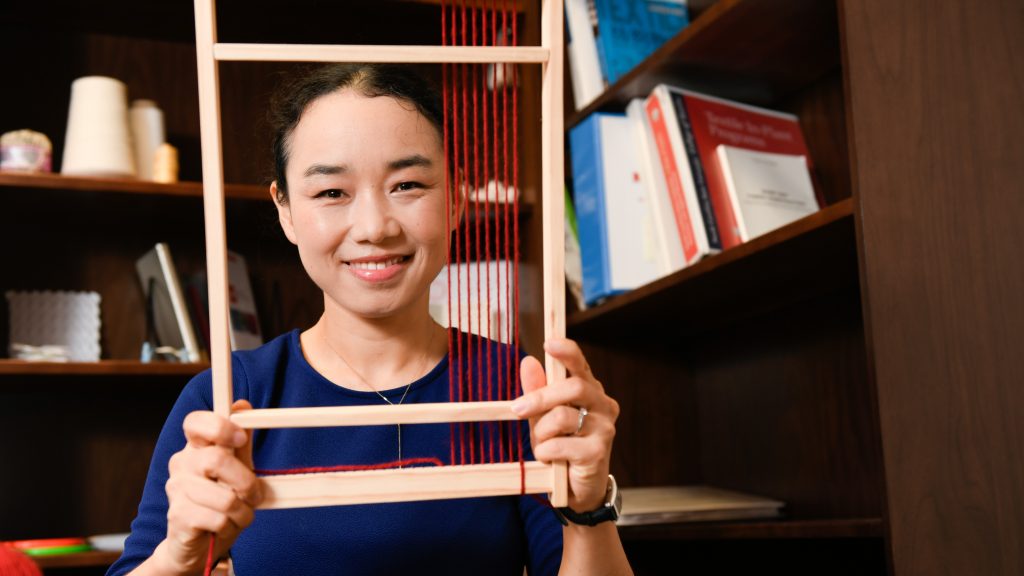
Hometown: My hometown is in Yunnan Province, China, which has similar weather to Raleigh, so I felt at home as soon as I got here.
Research: I am fascinated by the art and precision of assembling tiny little fibers into the variety of products that we use every day and everywhere. My research work focuses on development of advanced fiber-based electronics, as well as smart textiles.
Why teach?: I love teaching! Whenever I stand in front of a class, I’m excited. And when I conduct research, I feel full of energy.
About you: I love knitting, weaving, crochet and embroidery. When I have time, I do it and get inspiration for my research.
Wolfpack pride: I’m proud to be part of the NC State legacy of service. We serve where we are, and the people around us.
Mohammad Farazmand
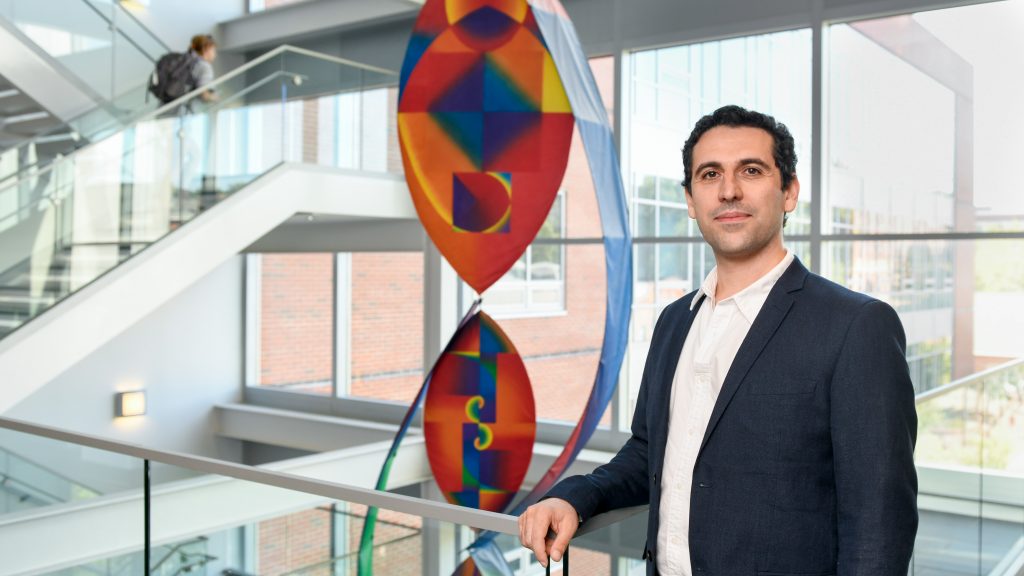
Hometown: Yazd, Iran
Research: I try to understand how extreme events (such as rogue waves, extreme weather events and epileptic seizure) form in nature and in engineered systems. Are these events predictable? If so, what are the early warning signs of their formation?
About you: I play soccer, which I’m pretty good at, and also play an Iranian musical instrument called Setar, which I’m not so good at.
Wolfpack pride: The Department of Mathematics at NC State is very strong both in teaching and research. Furthermore, being part of the Research Triangle, NC State is located in the heart of a very active scientific community.
Alejandra Huerta
College of Agriculture and Life Sciences
Entomology and Plant Pathology
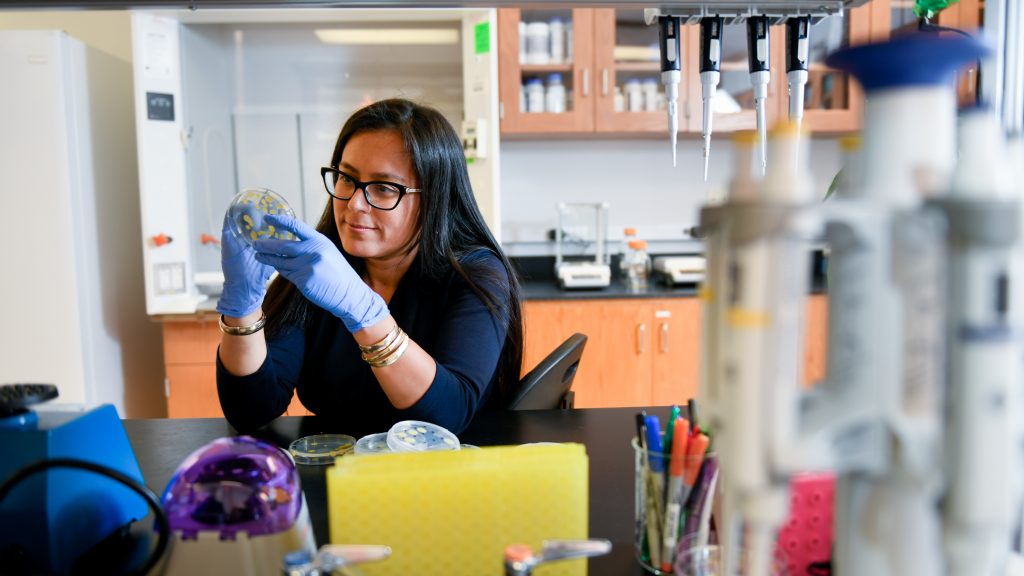
Hometown: I was raised in Salinas, California, in the U.S. and Quiroga, Michoacan, in Mexico.
Research: I was raised in Salinas, the “salad bowl of the world,” in a family of agricultural labor workers. My research focuses on understanding how plant pathogenic bacteria use toxins to survive in the environment prior to infecting the plant and how once they infect their plant hosts they use bacterial derived proteins to alter the plant’s structure and function to benefit their survival.
Why teach?: Curiosity! I want to understand how nature functions and how we can build on what we have learned. Also, I want to get younger generations excited about science and show them how scientific discoveries impact their everyday life.
About you: I like to paint, oil on canvas.
Wolfpack pride: I am excited to have the opportunity to start my research program in a department with a long and strong history in plant pathology, where both applied and basic research are valued.
Sarah Ascienzo
College of Humanities and Social Sciences
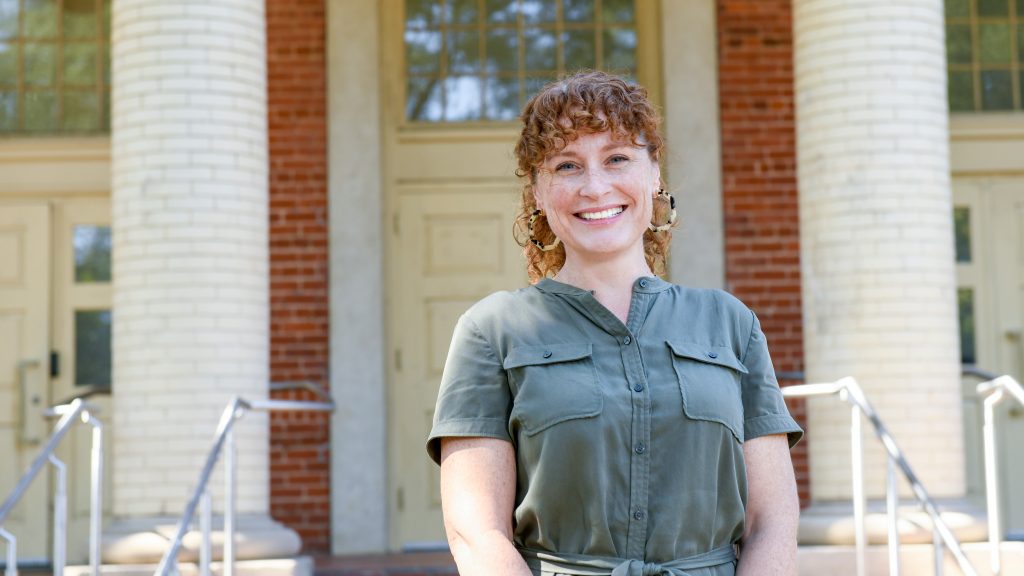
Hometown: Kensington, Maryland
Research: Broadly, my research focuses on mitigating the impact of psychological trauma on children and families and building a healthy, skilled and trauma-informed workforce. My research program also includes a focus on secondary traumatic stress, vicarious trauma, and burnout among professionals working with trauma-exposed individuals.
Why teach?: For the majority of my career I worked as a mental health clinician serving children and families adversely affected by child maltreatment and interpersonal violence. The strength, resilience and courage of those children and families continue to inspire me to do what I can to improve our systems of care.
About you: I love to practice yoga, and am a yoga instructor.
Wolfpack pride: I’ve found the students to be empathetic, socially-conscious, creative and bright. I’m excited to be a part of an institution that is committed to diversity and inclusion, encourages collaboration, and has strong roots in translational and applied research.
Tim Kraft

Hometown: Tallahassee, Florida
Research: Lately my work has focused on the topic of supply chain transparency — examining both consumers’ reactions to different sustainability messaging and ways for companies to gain better visibility into their suppliers’ practices.
Why teach?: The light really went off for me when I took Intro to Operations in the business school at University of Texas. Observing my professor, I realized that’s what I wanted to do — teach and research operations at a business school. It was the kind of “aha” moment you hope all your students have at one time or another during their careers.
About you: I enjoy taking long road trips, although it’s been a while. One year, I took the summer off and drove from Florida to Alaska and back.
Wolfpack pride: I was really attracted to the culture here at NC State and Poole College of Management. I like being part of an engineering and technical culture.
Michelle McMullin
College of Humanities and Social Sciences
English and Technical Communication
Hometown: I grew up in Utah, but I’ve lived all over the place. I graduated from high school in Asheville, NC, and I’m happy to be back in this part of the country.
Research: I study how different groups communicate and share specialized information in order to address problems, and look for ways technical communicators can help to amplify and support sustainable responses led by those already working in our communities.
Why teach?: I am a teacher by nature, and I returned to writing studies because of that passion, but my industry background is in operations management. I think we have a responsibility to help leave our communities better than we found them — to do better and take better care of each other.
About you: I love very complicated board games. I’m currently playing a campaign-style tabletop adventure game called 7th Continent. I also listen faithfully to several Dungeons & Dragons podcasts.
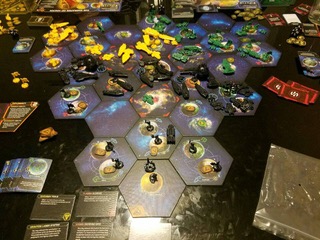
Wolfpack pride: I feel lucky to have such brilliant colleagues and excellent students in the professional writing program at NC State. I am thrilled by the focus on interdisciplinary research, and on research that serves the communities in which we live and work at NC State.
Irwin Morris
Executive Director, School of Public and International Affairs
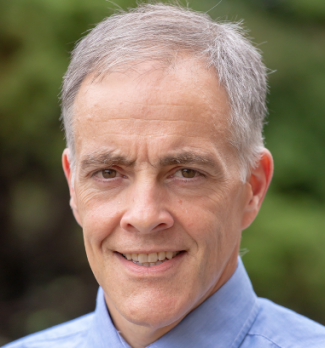
Hometown: Cedar Bluff, Virginia
Research: Broadly speaking, I study American politics. I am particularly interested in American institutions, public policymaking and Southern politics. My last book (co-authored) was on the role the Tea Party movement played in the substance, style and success of the 2016 presidential campaign. My current research is on the role of migration on the growth of the Democratic Party in the 21st-century South.
Why teach?: A life-altering foreign study experience during my junior year in college. My experiences during those three months abroad were undoubtedly the catalyst for my subsequent pursuit of a career in research and teaching.
About you: I met my future wife in the Atlanta airport at the beginning of my foreign study experience, and I’m an all-state tuba player.
Wolfpack pride: I’m excited to be part of such an energetic, forward-looking intellectual community. I’m also very excited about the local, regional, national and international opportunities available to the school I am directing at NC State.
Stephanie Kulesza
College of Agriculture and Life Sciences
Hometown: Monticello, Arkansas
Research: My research focuses on utilizing animal manures to maximize crop yield and crop quality while minimizing the potential for environmental impacts. I find waste management systems fascinating.
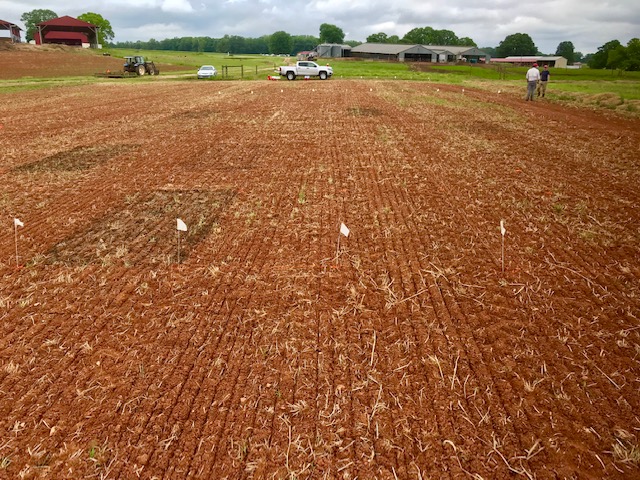
Why teach?: I had the opportunity to tour several wastewater treatment plants, composting operations and farms as an undergraduate. I love conducting research and conveying the results to the public.
About you: My first degree was in music education, and I still enjoy playing music in my spare time.
Wolfpack pride: North Carolina is a diverse state, with many crops and waste byproducts, providing endless research opportunities.
Holly Hurlburt
Department of Academic and Student Affairs
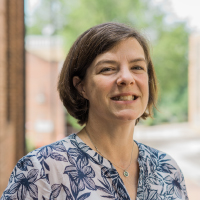
Hometown: I am from Northern Virginia but have lived in southern Illinois for the last 19 years.
Research: My research has focused on investigating women’s interactions with the political sphere in Renaissance Venice and the Mediterranean. I was inspired to research by curiosity (was the past really as male-dominated as if often seems? No!) and to teach by great professors I had in my undergraduate (University of Virginia) and graduate programs.
About you: Studying the history of food is my hobby — I love what we can learn about each other by what we eat and don’t!
Wolfpack pride: I’m excited to work with the great students here.
Marion Martin
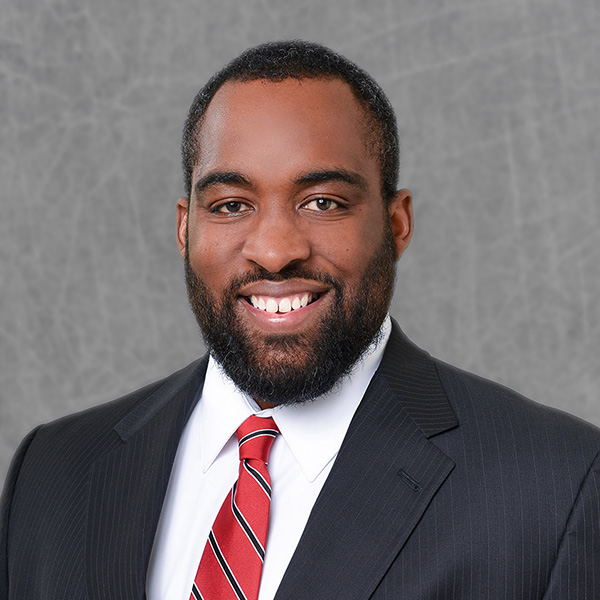
Hometown: Columbia, South Carolina
Research: My research has focused on using light to study how chemicals interact and react on surfaces. I had a great high school chemistry teacher. I worked with her on my senior project where I synthesized a series of chemicals with different colors.
Why teach?: Teaching has an inherent service component that is very attractive to me. I like helping others learn and be successful inside and outside the classroom.
About you: Last year I competed in my first powerlifting competition: bench, squat and deadlift.
Wolfpack pride: I am excited to contribute to NC State’s reputation as a leader in science and technology.
Vanessa Volpe
College of Humanities and Social Sciences
Hometown: Providence, Rhode Island
Research: Social injustice gets “under the skin” and makes Black and Latinx individuals and communities sick. I study the ways in which these individuals and communities protect themselves, fight back and work to transform the contexts in which they live.
Why teach?: When I was conducting my undergraduate honors thesis on the sociopolitical identities of emerging adults in Turkey, I saw firsthand how data was related to real people’s lives and experiences, and that being entrusted with this information was an important responsibility and commitment.
About you: I’ve taught slam poetry classes.
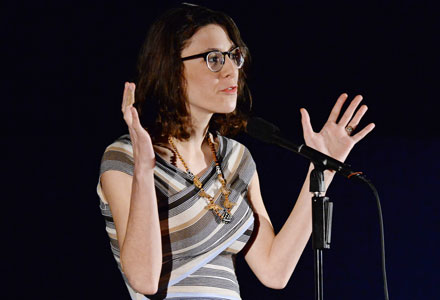
Wolfpack pride: I love to collaborate and innovate across disciplines to tackle complex real-world problems.
Adrienne Gorny
College of Agriculture and Life Sciences
Entomology and Plant Pathology: Extension
Hometown: My hometown is Canton, Michigan. It’s close to Ann Arbor and Detroit.
Research: My area of research is plant nematology — nematodes are microscopic roundworms that feed on our agricultural crops.
My extension program will support several important nematode issues in the many diverse crops we grow here in North Carolina, including soybean, tobacco and cotton. A special focus of my program will be on the Guava root-knot nematode (Meloidogyne enterolobii), which is a significant problem in many crops, including sweet potato.
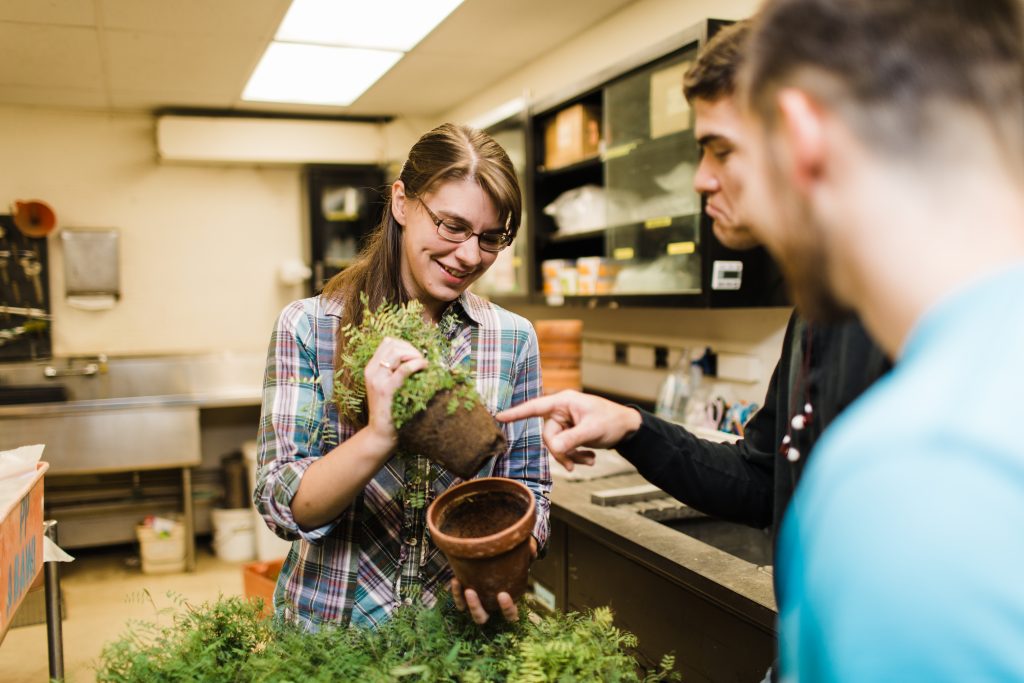
Why teach?: My dad inspired me to pursue research. When I was very young he would always tell me, “there are so many big questions and grand challenges out in the world — pick one and go add your piece to the puzzle!”
About you: While at Cornell, I played trivia with my lab group. Our team name was “The Beetniks” — our lab studied diseases of beets, among other crops!
Wolfpack pride: I’m very excited to join the Wolfpack because of the strong history of nematology research here, as well as the land-grant mission of NC State.
Giorgio Proestos
Department of Civil, Construction and Environmental Engineering
Hometown: Toronto, Canada
Research: My expertise is in the behavior, modeling and experimental investigation of reinforced and prestressed concrete structures like high-rise buildings, bridges, hydroelectric facilities, nuclear containment structures, transit centers and other infrastructure. I’d like to implement reliable techniques that can be used to assess the condition of structures from cracks and damage after an earthquake or other catastrophic event.
Why teach?: Structural engineering is an ancient profession that dates back to the Romans. While engineers have been solving problems in structural engineering for over 2000 years, there are still many unsolved problems and new technologies to be developed.
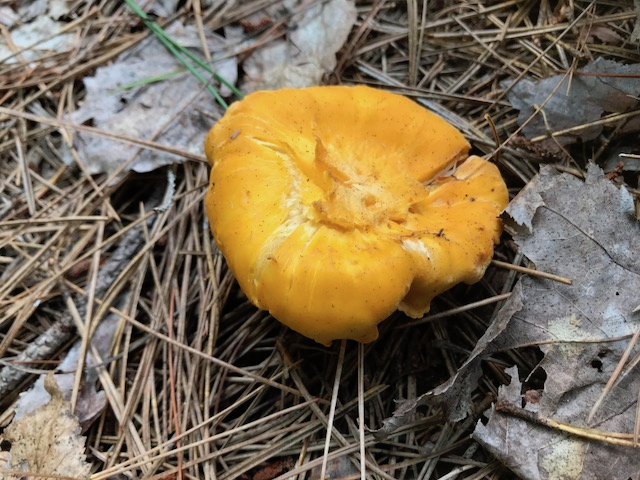
About you: In my spare time I enjoy hunting for wild mushrooms and exploring the golf courses North Carolina has to offer.
Wolfpack pride: NC State has outstanding research facilities, motivated students and collaborative colleagues all striving towards answering challenging engineering problems.
This post was originally published in NC State News.